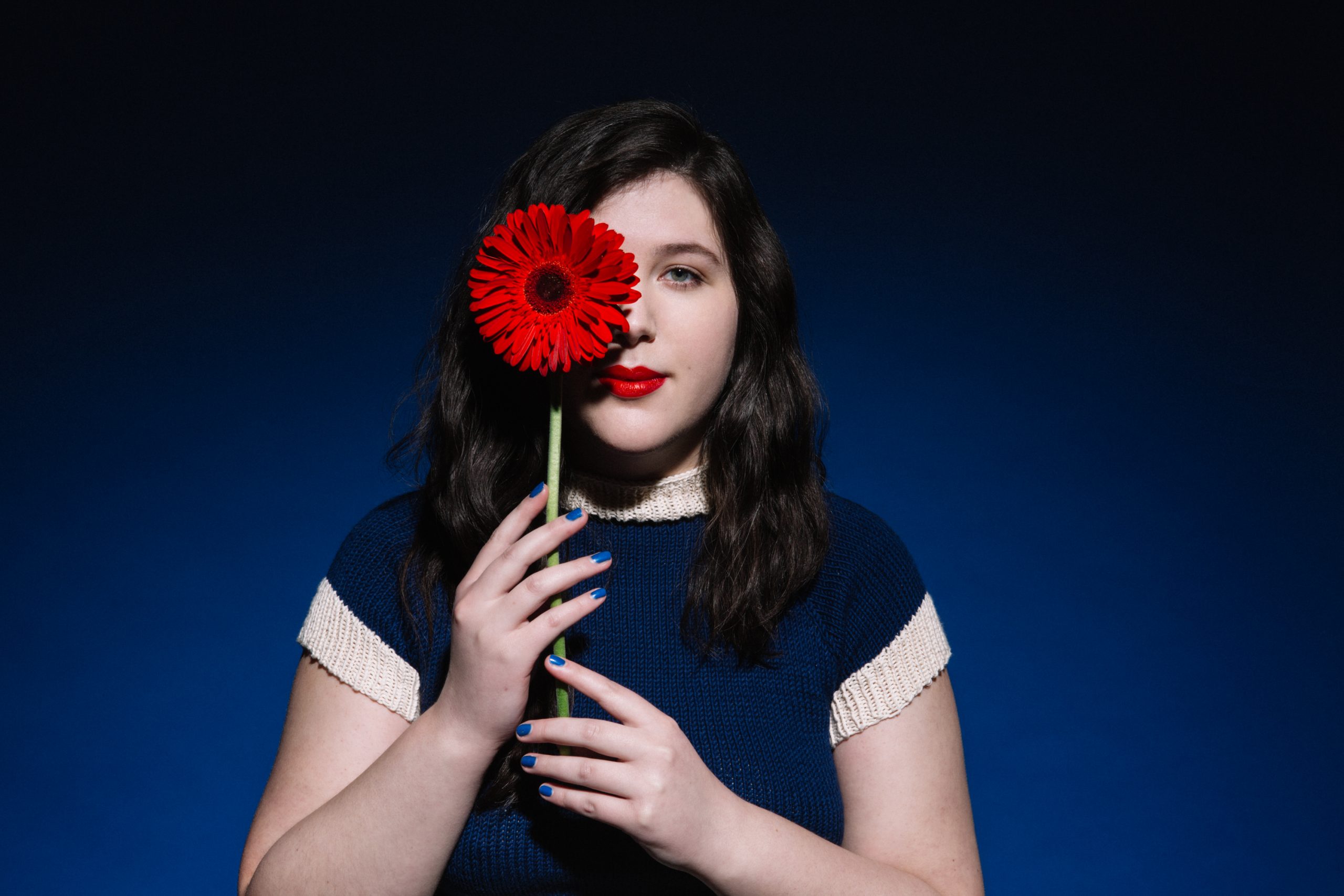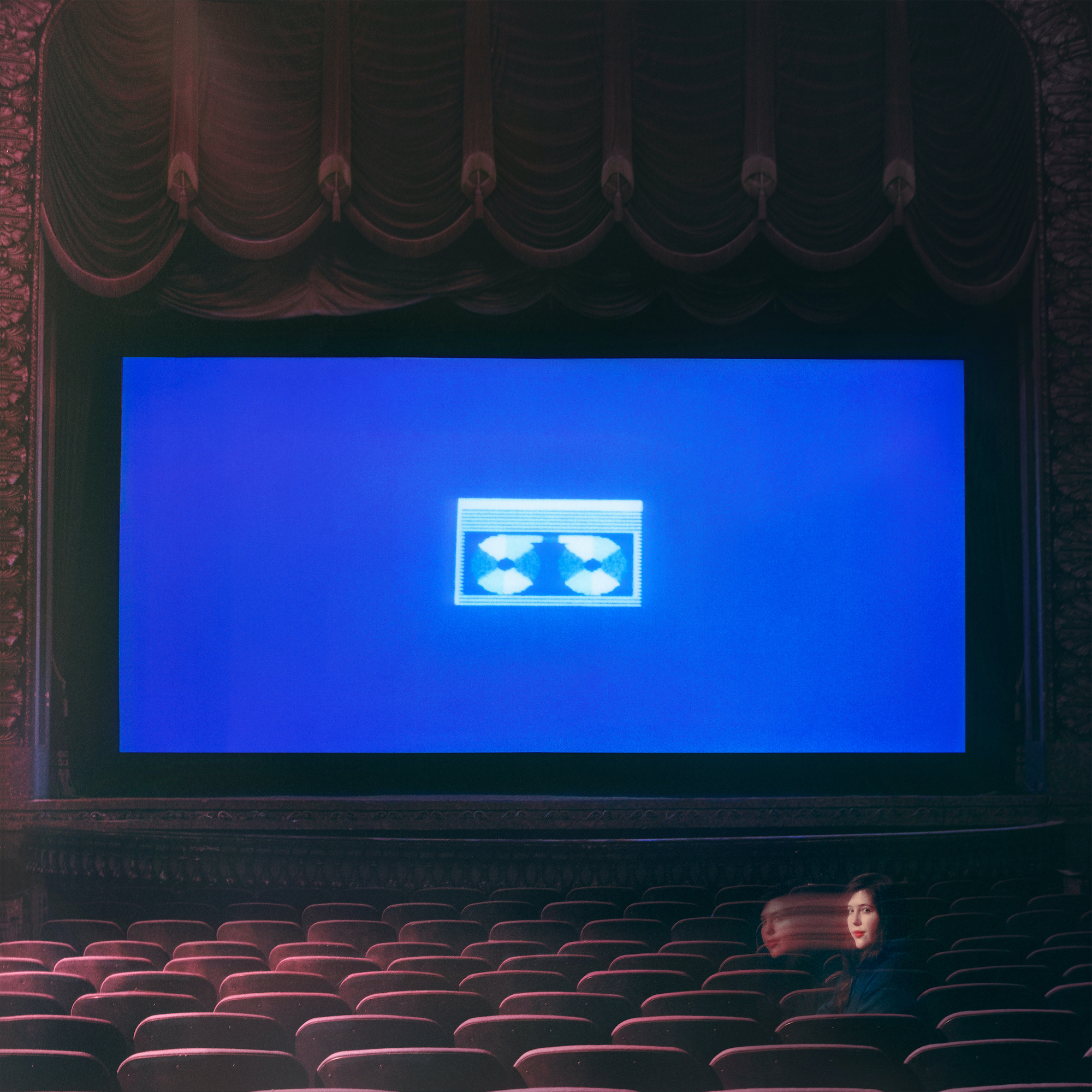The Guest List | Lucy Dacus
music
The Guest List is a regular book column that surveys the reading habits of our favorite musicians. For this edition, we spoke with singer-songwriter-guitar jammer Lucy Dacus. Released earlier this year, her autobiographical third album, Home Video, plays out like a whip-smart coming-of-age novel. So we were giddy when she agreed to answer a few questions about some of the books and writers she loves most.
SwR: One way to describe Home Video is as a coming-of-age story about a smart, sensitive girl as she learns about the world. What are some of the best books you’ve read about growing up?

Lucy Dacus: It’s funny to see myself described as smart and sensitive. I would like to believe those are the dominant traits to describe myself when I was younger, but I also felt dumb and bumbling. In general, I think it’s odd that “coming-of-age” is a genre associated with youth since there’s no end to growing up and aging. And I think there’s an implication that coming of age means gaining wisdom at the expense of losing innocence, and I don’t think that’s a true or helpful or linear dichotomy either. But I’ll stop being annoying and say that the Neapolitan novels by Elena Ferrante are maybe the best books I’ve read about growing up.
SwR: What’s a book you read early in life that influenced you as an artist?
LD: I used to read Tuck Everlasting [by Natalie Babbitt] once a year; I always counted on that for a good cry. The premise offers that the only thing that makes life special is death. I really liked books and movies that tackled loss, and I still do.
SwR: The new album can also be seen as a coming out story. Are there specific writers you admire who have dealt with this theme?
LD: Audre Lorde’s Zami is a beautiful queer memoir. I also like Inferno by Eileen Myles. Garth Greenwell has written some of the best gay sex scenes I’ve ever read. And there’s nothing that tops James Baldwin, particularly Giovanni’s Room.
SwR: You said in an interview that the last verse of “Triple Dog Dare” owes a debt to A Little Life by Hanya Yanagihara. Can you talk a little bit about what that book means to you and how it worked its way into the lyrics?
LD: Five friends were reading that book at the same time and recommended it to me. By the time they finished, they had rescinded their recommendations, but I was already halfway through. I have a hard time telling people to read it because it is so brutally sad, but I think it’s an incredible book. There’s a scene where a character describes losing a son and says that people talk about the grief associated with death, but they don’t express the relief that washes over you once your worst fears have been realized. The line inspired by the book is “nothing worse could happen now.”
SwR: You were a photographer before you became a musician. Any books of photography you’d like to recommend?
LD: I’ve always loved The Americans by Robert Frank. I’ve got a copy of it that I look through often. Another that I love is called Pauline and Pierre by Hugues de Wurstemberger. I saw his show in a provincial town in France when I was an exchange student there and was really moved by it. He does a bit of what Sally Mann does, who I also like. There’s also Rineke Dijkstra; her book Wo Men is really good.
SwR: What’s a book you think more people should know about?
LD: There’s a book called Stay and Fight by Madeline ffitch that is well-loved within my circle of friends, but I wish more people would read it. It has a lot to do with found family, rural life, the reality of living from the land, and lesbian parenthood.
SwR: What’s the last really good book you read?
LD: I just finished The Ballad of the Sad Café and Other Stories by Carson McCullers. She’s just so good. She packs so much emotion into setting each scene that when the action happens, it feels inevitable.
More music

